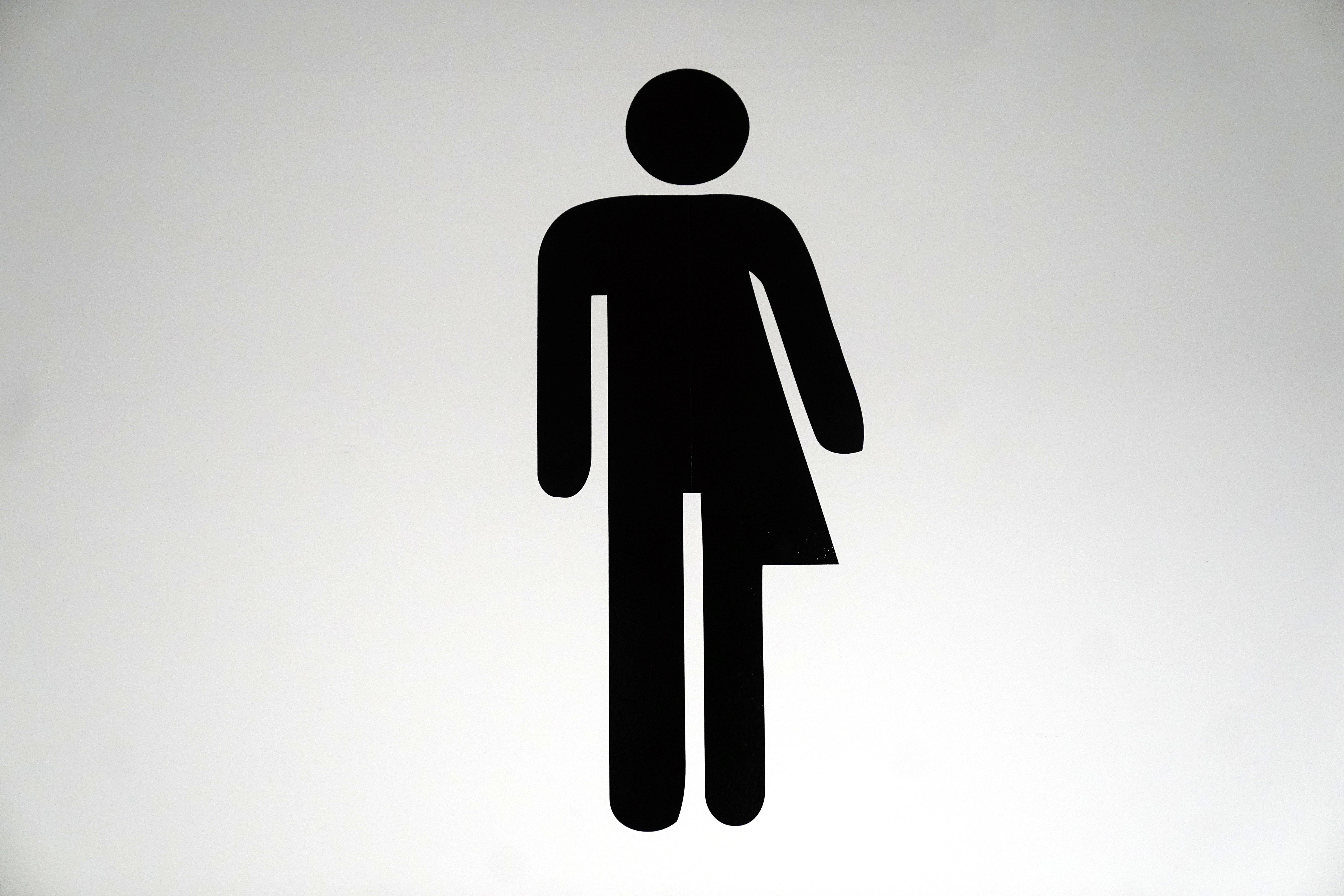Census data on gender identity reported accurately, says ONS
A review was launched by the Office for Statistics Regulation earlier this year into the agency’s response to questions raised by the findings.

Findings from the latest census on a new question on gender identity were accurate, the national statistics body has said.
Concerns were raised by some that the question might have been confusing for people whose first language was not English, but the Office for National Statistics (ONS) said there was no evidence to suggest the published results from the 2021 census were not coded or processed accurately.
Due to what it described as “continued interest” in the data, the statistics regulator launched a review earlier this year into the ONS’ response to questions raised by the findings.
The census showed that 262,000 people in England and Wales said their gender identity was different from their sex registered at birth.
Proportions were higher among people with Muslim, Sikh or Hindu backgrounds than those who identified as Christian.
Of the 2.7 million people in England and Wales identifying as Muslim, nearly 40,000 told the census their gender was different from the sex registered at birth: a smaller number than in the Christian group (95,000 out of 23.7 million), but a higher proportion (1.5% versus 0.4%).
There were also higher proportions among people identifying as Buddhist (1.3%), Sikh (1.0%), Hindu (0.9%) and Jewish (0.6%), although the numbers were again small, at around 3,000, 4,000, 8,000 and 1,000 respectively.
The report of this investigation concludes that 94% of respondents to the census answered the question and there is no evidence to suggest that the published results were not coded or processed accurately
Separate data published by the ONS showed that of the 262,000 people who told the census their gender identity was different from their sex at birth, 71% said their main language was English.
A further 7% said their main language was not English but could speak it very well, 13% could speak it well, 7% not well and 1% not at all.
The Office for Statistics Regulation (OSR) said it had launched its review after concerns had been “raised with us regarding the correlation of gender identity with other characteristics, as well as the level of methodological information published on how the gender identity question has been processed”.
It said the review would be “formed around the principles within the Code of Practice for Statistics and will consider ONS’ approach to responding to questions raised by users about the results of the data”, rather than considering the concept of gender identity or the decision to collect data on the subject.
On Monday, the ONS published details on how it “coded and processed” the data it collected, saying: “The report of this investigation concludes that 94% of respondents to the census answered the question and there is no evidence to suggest that the published results were not coded or processed accurately.
“We have therefore accurately reported what people told us about their gender identity in the census.”
The OSR welcomed the ONS publication as a “a positive first step in addressing user need on this topic”.
But the regulator said the ONS “could have done more to see this as an opportunity to crowdsource quality assurance, or at a minimum, be clearer that it was open to feedback as part of releasing the data”, adding “there is a need to communicate the uncertainty of more granular breakdowns to support appropriate use of the data”.
Bookmark popover
Removed from bookmarks